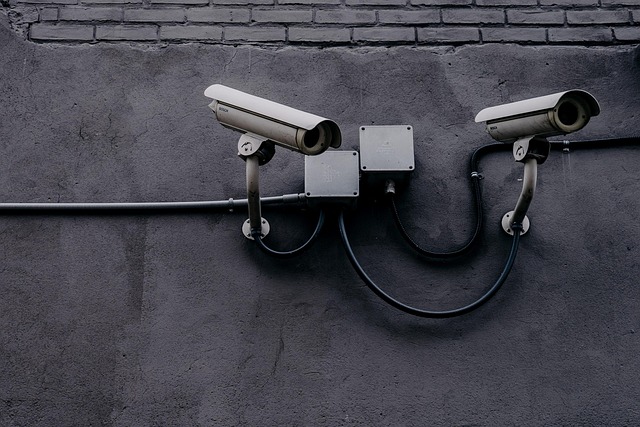Security Jobs in the UK Start With Training
Security jobs in the UK are becoming available as companies seek reliable individuals to help maintain safety in public and private spaces. Many positions do not require prior experience, making them accessible to people from different backgrounds who are ready to start fresh. Employers often provide on-the-job training that covers procedures, communication skills, and legal responsibilities. Understanding what to expect — from daily tasks to workplace expectations — helps set realistic goals before applying. For those looking for hands-on employment with clear entry points, security jobs offer a practical and stable path forward.

Why Are Security Roles Accessible to New Workers?
The security sector in the UK often welcomes new entrants, making it an attractive option for those looking to change careers or enter the workforce. This accessibility stems from several factors:
-
Diverse skill requirements: Security roles encompass a wide range of responsibilities, from monitoring surveillance systems to providing customer service, allowing individuals with varied backgrounds to find suitable positions.
-
Emphasis on personal qualities: Many employers prioritize traits such as reliability, integrity, and good communication skills over prior experience in security.
-
Regulatory standardisation: The Security Industry Authority (SIA) licensing system ensures a baseline of quality across the industry, making it easier for new workers to understand and meet entry requirements.
-
Growing demand: As businesses and public spaces continue to prioritise safety, the need for security personnel may create opportunities for newcomers to enter the field.
How Do Companies Train New Hires in Security Roles?
Training is a crucial aspect of entering the security industry in the UK. While specific training programs may vary by employer, there are some common elements:
-
SIA licensing courses: Most security roles require an SIA licence, which involves completing a course covering topics such as legal aspects, conflict management, and emergency procedures.
-
On-the-job training: Many companies provide practical training to familiarise new hires with site-specific protocols, equipment, and procedures.
-
Soft skills development: Training often includes improving communication, customer service, and conflict resolution skills.
-
Health and safety: Employers typically provide training on workplace safety, first aid, and emergency response procedures.
-
Technology familiarisation: As security systems become more advanced, training may include instruction on using various surveillance and communication technologies.
What Do Employers Look for in Security Candidates?
When considering applicants for security positions, employers often assess a combination of personal qualities, skills, and qualifications:
-
Reliability and punctuality: Given the critical nature of security work, employers prioritise candidates who can be depended upon to show up on time and maintain consistent performance.
-
Physical fitness: Depending on the role, a certain level of physical capability may be required for tasks such as patrolling or responding to incidents.
-
Attention to detail: The ability to notice and report unusual activities or potential security breaches is crucial.
-
Interpersonal skills: Security personnel often interact with the public, so good communication and customer service skills are valuable.
-
Clean background: Most security roles require a background check, and a clean criminal record is typically necessary.
-
Relevant certifications: Possession of an SIA licence or willingness to obtain one is often a prerequisite for many security positions.
What Are the Career Progression Opportunities in Security?
The security industry offers various paths for career advancement:
-
Specialisation: Security professionals can focus on areas such as cybersecurity, close protection, or event security.
-
Management roles: With experience, individuals can progress to supervisory or management positions, overseeing teams of security personnel.
-
Training and consultancy: Experienced security professionals may move into roles where they train others or provide consultancy services to organisations.
-
Technology integration: As the industry evolves, opportunities may arise for those who can effectively integrate new security technologies into existing systems.
What Are the Typical Working Conditions in Security Jobs?
Understanding the working conditions is crucial for those considering a career in security:
-
Shift work: Many security roles involve working outside of traditional 9-to-5 hours, including nights, weekends, and holidays.
-
Physical demands: Depending on the position, the job may require long periods of standing, walking, or sitting.
-
Stress management: Security personnel must often remain calm and professional in high-pressure situations.
-
Uniform requirements: Many security roles require wearing a specific uniform while on duty.
-
Diverse environments: Security professionals may work in various settings, from retail stores and office buildings to events and construction sites.
In conclusion, the security industry in the UK offers potential opportunities for individuals seeking a new career path. While entry-level positions may be accessible to those without prior experience, success in the field requires dedication to ongoing training, a commitment to professionalism, and a willingness to adapt to the evolving needs of the industry. Prospective security workers should research specific job requirements, obtain necessary certifications, and be prepared for the unique challenges and rewards that come with protecting people and property.




